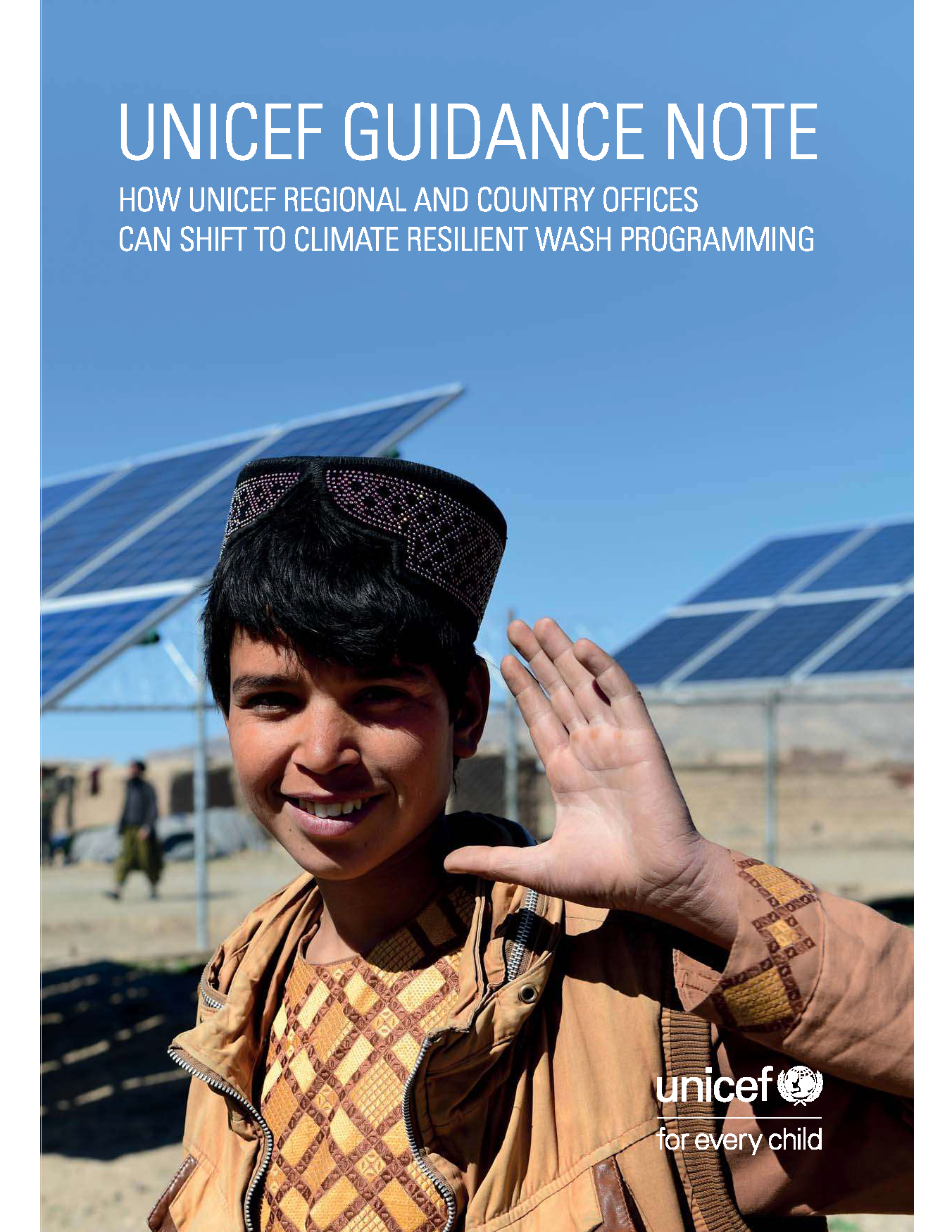Social Cohesion Lays the Foundation for Peace and Resilience
Join REAL for the second discussion in a series of three, based on our recently published Resilience Rapid Learning Series. This event will focus on short-term violence prevention paired with efforts to transform the structural drivers of conflict. It is based on the brief Harnessing Local Sources of Social Cohesion in Niger, which examines factors that contribute to local-level variation in social cohesion in order to improve programming. Hypothesized to reduce violence, social cohesion is a necessary component for building resilience and improving long-term well-being outcomes in areas prone to ongoing conflicts, natural disasters, and other shocks and stresses. The
